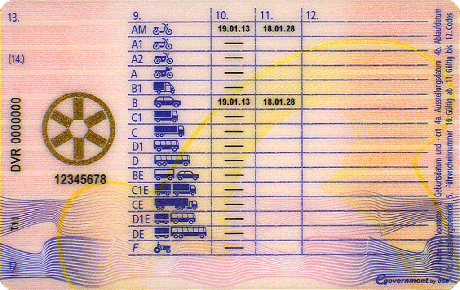
Key points:
- EU countries will now share information on driving bans, suspensions, or restrictions issued for serious traffic offenses.
- The new rules target offenses like excessive speeding, fatal accidents, and driving under the influence.
- Driving bans will apply EU-wide, not just in the country where the offense occurred.
The European Parliament and the Polish Presidency of the Council have reached a provisional deal to strengthen road safety across the EU. Under the new rules, serious driving offenses committed in one EU country will lead to driving licence suspensions or bans that apply throughout the entire bloc.
Currently, if a driver commits a serious offense in an EU country that is not where their licence was issued, any ban typically applies only in the country of the offense. The new agreement changes that by requiring the country where the offense occurred to notify the issuing country, which will then enforce the penalty EU-wide.
What offenses trigger EU-wide driving bans? The rules apply to the most serious traffic violations, including:
- Driving under the influence of alcohol or drugs
- Causing a fatal accident
- Excessive speeding (e.g., 50 km/h over the limit)
EU countries will be required to inform each other without delay when a driver is disqualified for these reasons. A deadline of 20 working days has also been set for informing the driver about the penalty and their right to appeal.
Additionally, the European Commission will be required to review the rules five years after implementation. This review will consider whether to include more offenses and introduce stricter timelines for information sharing between member states. Photo by Österreichische Staatsdruckerei Wien, Wikimedia commons.



































